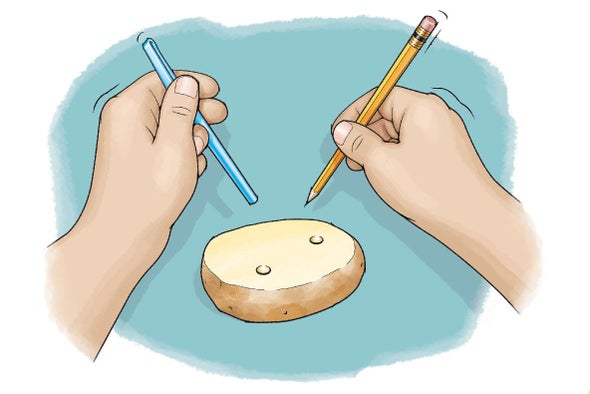 |
| August 26, 2022 |
 |
| |
| |
| |
| |
| |
| Black Holes Hawking, a Paradox and a Black Hole Mystery, Solved? We do not have a theory to tell us everything about how a black hole works, but new research is shedding a least some light on one of their many mysteries. |  | By Clara Moskowitz,Tulika Bose,Jeffery DelViscio | 07:46 | | | |
| |
| |
| Natural Disasters See Iceland Aglow in Volcanic Eruptions A vivid look at Iceland's recent resurgence of volcanic eruptions—and why the country could be in for 300 years of renewed volcanic activity | | | | |
| |
| |
| |
| |
FROM THE STORE
 | | Revolutions in Science Normally science proceeds in incremental steps, but sometimes a discovery is so profound that it causes a paradigm shift. This eBook is a collection of articles about those kinds of advances, including revolutionary discoveries about the origin of life, theories of learning, formation of the solar system and more. *Editor's Note: Revolutions in Science was originally published as a Collector's Edition. The eBook adaptation contains all of the articles, but some of the artwork has been removed to optimize viewing on mobile devices. |  | | |
BRING SCIENCE HOME
 | | A Simple Machine to Make Potato Holes |  Pencil or straw: Which cuts better? Try your hand--and some simple machines--at this simple test, and the answer migth just surprise you! Credit: George Retseck | Looking for a cool and surprising project to show to your friends? Give this activity a stab! Take a potato and a straw—maybe a pencil as well—and challenge your friends to drill holes into the potato with the least amount of effort. Chances are, they will not find a method that gets the job done with ease. The best method—one that requires the least effort from you—will surprise everyone! How? Investigate and have fun! Can you find a reliable way to get the job done? Can you explain the physics behind it? | |  | |
LATEST ISSUES
 |
| |
| Questions? Comments?  | |
| Download the Scientific American App |
| |
| |




